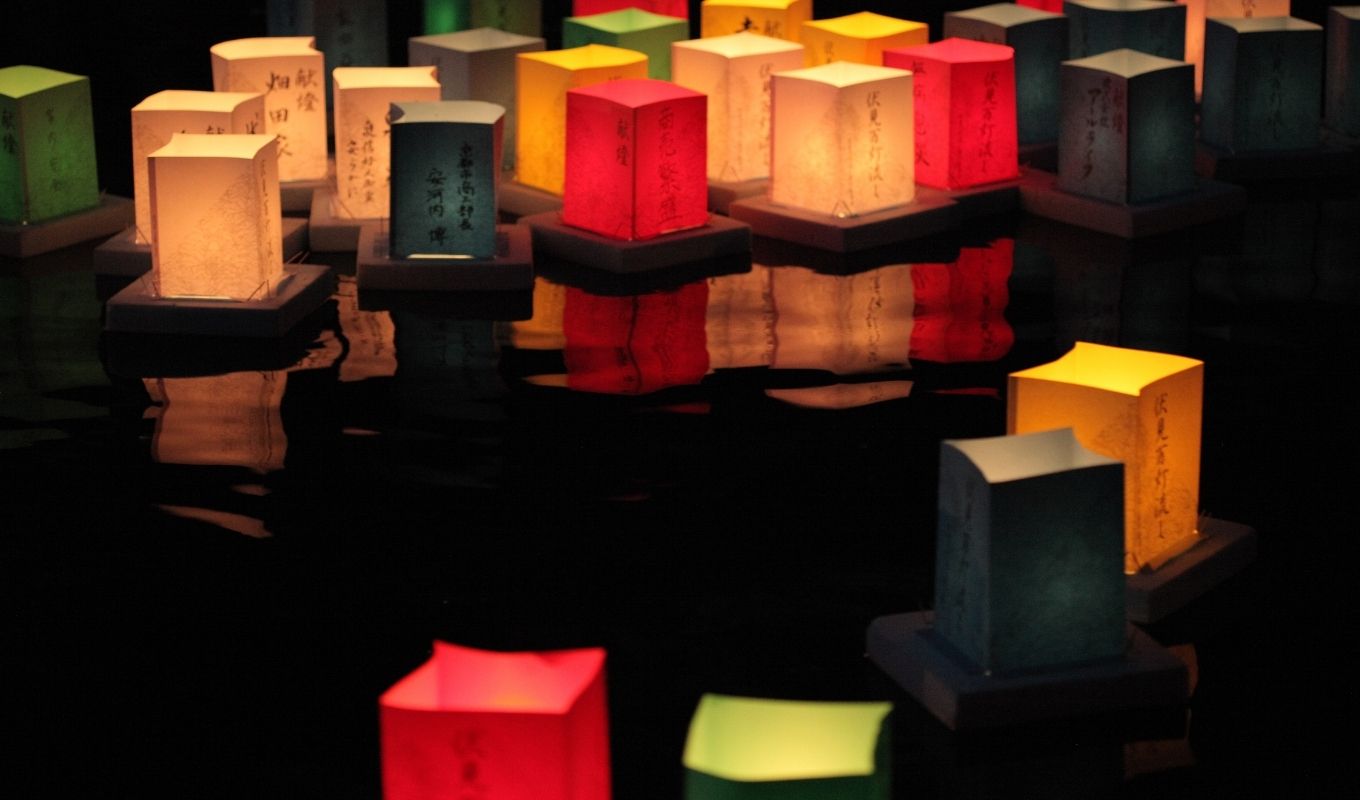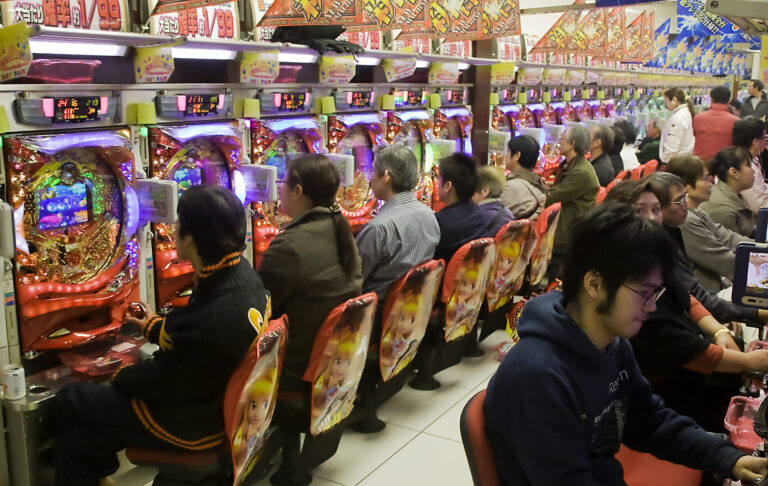This week was the festival of Obon throughout Japan. Obon, a Buddhist holiday, is a time for bonding with one’s ancestors and deceased family members. The Japanese pray for the ancestors’ happy lives as spirits and acknowledge that they themselves could not have existed without them. Although most Japanese are not highly religious, this Buddhist holiday is a culturally important one. People tend to meet up with their family and return to their hometowns so that the family can pray together and also enjoy one another’s company and celebrate their lives.
Obon occurs on a lunar calendar and is different each year–and is even different in the same year among different regions–but occurs sometime between July and August. This year, most of Japan had Obon festivities from August 7th through the 17th.
Mukae-bon takes place on the first day of the Obon festival. After thoroughly cleaning their home, Japanese families light special Obon chochin lanterns inside the home and the family members walk the lanterns to the family gravesite area (if possible–they may just hang the lanterns outside the door and call them home as well). They call their ancestors’ spirits home and it is thought that these spirits reside within the homes’ Buddhist altars for the duration of the festival.
The family keeps the lanterns lit beside the altar and also decorates the altars with flower arrangements and incense. They offer food to the spirits throughout their one-week “stay” in the home. On the last day of Obon, Okuri-bon, the family will walk the lit lanterns back to the gravesite in order to guide them back to the afterlife.
Because Obon takes place in the summer, the thought of ghosts wandering among the living permeates into Japanese culture as a whole. Like Halloween in the West, the Obon festival becomes a time for spooky tales, horror movies, ghost sightings, and the Japanese equivalent of a haunted house, which is sometimes called kimodameshi, a “test of courage.” At night, people will dress up like ghosts in the grounds of a Buddhist or Shinto temple and groups of people will split into groups of no more than two in order to face the dark, spooky path to the top of the temple. (These trials are usually undertaken by teenagers and young adults.)
Have you ever celebrated Obon in Japan? Have you ever gone on a kimodameshi? Would you like to?



